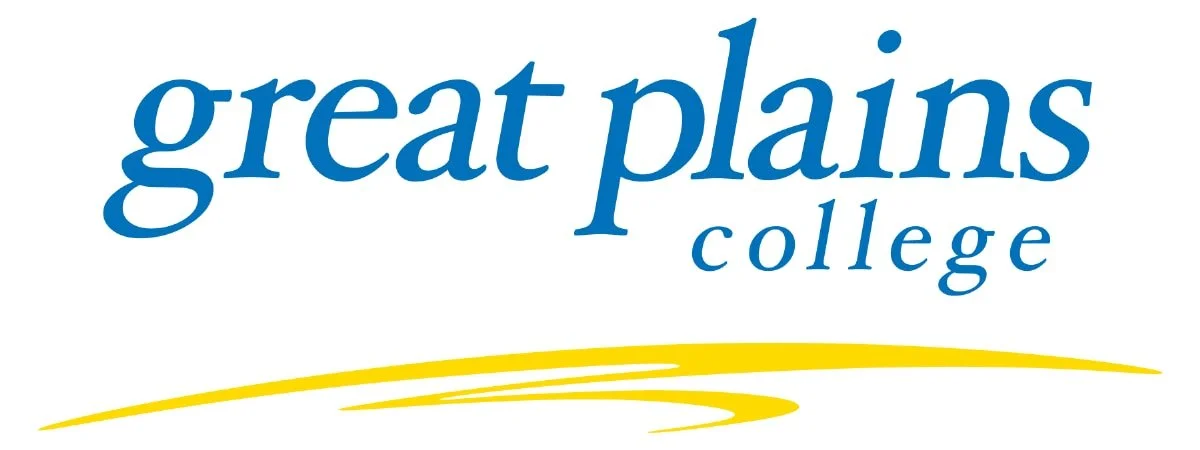Great Plains College shares concerns regarding new series of reforms
By Joan Janzen
In September, the federal Minister responsible for immigration and citizenship announced a new series of reforms to reduce the number of temporary residents in Canada. Keleah Ostrander, Vice President of programs and Students at Great Plains College, provided further explanation about these reforms.
She noted that the federal government has indicated that international education has caused housing and infrastructure pressures across the country overall. As such, they started amending policy in January 2024 that would lead to a decline in the overall number of students studying throughout the country with minimal consideration of the differences in the provincial landscapes.
This includes further reductions to overall international student numbers and changes to post-graduate work eligibility only for those studying at public colleges. Keleah advised that the explanation suggested for targeting the college sector programming was due to employment outcomes of graduates from colleges versus universities based on the national data set used by the federal government.
Keleah explained that this is a stark contradiction to the employment literature based at the provincial college sector level, which sees high rates of employment post-graduation. For example, Great Plains College saw 87% of its post-secondary graduates employed 90 days after program completion in 2022.
Keleah pointed out that currently, the only distinction between eligible and ineligible programs is whether the degree is from a college or a university. It’s unfortunate that there is no quality assurance process that examines learning outcomes comparisons.
“Strong advocacy is underway to try and rectify this unfair approach, and we are hopeful this will be a component of the policy that will be amended quickly,” she said.
The colleges support the federal government’s move to ensure more post-graduate work permits are offered to graduates of programs that align with labour market needs. However, the reforms single out public colleges to prove their programs align with national labour market needs (determined by the federal government) in order to be considered an eligible field of study for a post-graduate work permit.
Keleah explained why this is problematic. National labour market needs are not the same as local labour market needs, and colleges are advocating for eligible programs to align with provincial labour market data rather than the national data available.
Fewer international students mean fewer high-demand programs offered by Great Plains College. Kaleah noted that often the industries that require the highest number of skilled graduates to meet their needs do not have the domestic student interest sufficient to run a program at a reasonable cost per student for the government subsidy.
“The myth is that international enrolments restrict access for domestic students when in reality international students sustain domestic access to programming and lower the cost to serve domestic students for taxpayers,” Kaleah said.
“We want to ensure we are providing our communities and industries with a strong supply of skilled graduates to meet their regional labour market needs. If the full scope of the policy is applied in its current state and the reputation of Canada in the international student market is damaged substantially, it impairs our ability to serve our regions well and deliver these much-needed workers to Saskatchewan. We encourage all to share their concerns about the impacts of these policies,” she advised.

